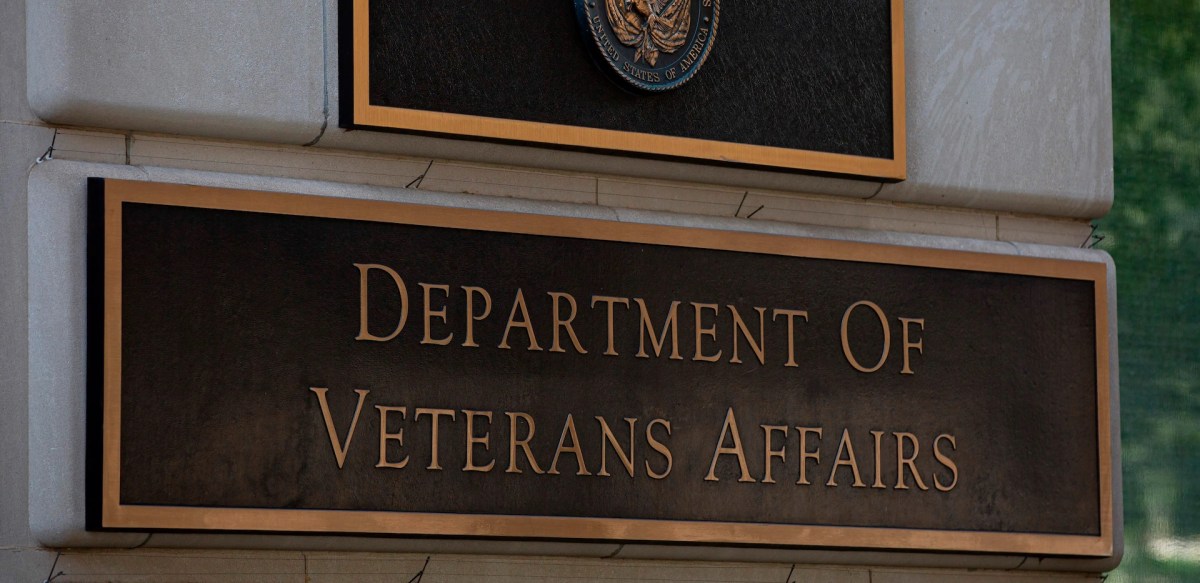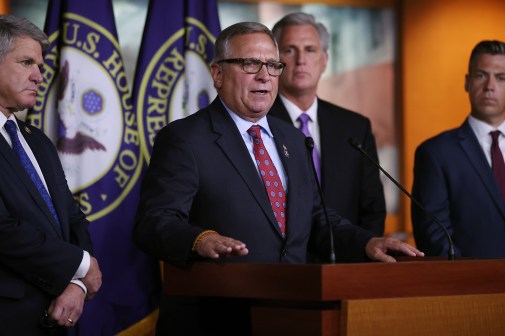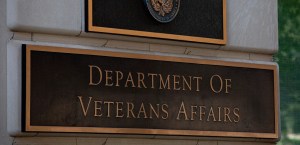Issues in VA’s modernization push delay payments for thousands of students

The Department of Veterans Affairs’ push to modernize decades-old systems faced a technical issue earlier this year, delaying education benefits payments for tens of thousands of students at the start of the school year.
A group of veterans’ service organizations, including the Tragedy Assistance Program for Survivors (TAPS), highlighted the issue this week, telling reporters that the technical glitch occurred in August, when the VA began converting benefits claims from its legacy system to a new processing system for Chapter 35 Survivors’ and Dependents’ Educational Assistance.
The VA launched its initiative to modernize the GI Bill process in 2022, and the Digital GI Bill platform was set to be fully operational by April 2024 but faced its own delays last year. A part of the multi-billion-dollar initiative involves overhauling multiple legacy systems, including those related to the education benefits process.
Ashlynne Haycock-Lohmann, the director of government and legislative affairs at TAPS, told FedScoop in an interview that the veterans’ service community welcomes the changes to decades-old systems, but the timing around the school year could present risks.
“This isn’t the first time that something like this has happened, and then they always try and roll these systems out August 1st, but it doesn’t always seem like they’ve truly tested the technology to verify that it works the way it’s supposed to until it’s too late,” she said. “Because the schools are now supposed to be using the system, the VA backend is using these systems and its system isn’t working and nobody knows until it’s too late.”
Beyond timing, the groups also called on the VA to improve communications with stakeholders and benefits recipients when issues like this occur.
While the issue began in August, Haycock-Lohmann said Congress was not informed until September, when the VA told the House and Senate Committees on Veterans Affairs that it could affect up to 900 students. Congress did not act at the time because they were told it was a minor issue, Haycock-Lohmann added.
A Democratic aide later told FedScoop that VA employees first informed the Senate and House VA committees in late August, telling members the glitch originated in the debt management center. The committees later received a notification from the agency in September regarding delays, and information on what the VA was doing to mitigate the delays.
A follow-up briefing was scheduled with the committees for early October, but the VA cancelled this in wake of the shutdown, the aide said.
The organizations, like TAPS and Veterans Education Success, were not informed of the glitch until students who typically receive Chapter 35 benefits reported receiving only partial or no payments at the start of October.
Up to 75,000 students were impacted, the organizations estimated.
By the time the organizations were made aware, the government was in the middle of a shutdown, with some VA IT workers furloughed and the GI Bill hotline unavailable.
“As I understand it, VA had a fairly robust comms plan in place and ready to go that was stifled due to the shutdown. But the reality is, waiting for the problem to show up is not the time to start talking to students. And that’s a real failure on VA’s part,” Will Hubbard, vice president for veterans and military policy at Veterans Education Success, said during the press call.
“At minimum, at this point, we’re calling on VA to open up the GI Bill hotline,” he continued. “Because a blanket message when you call into the GI Bill hotline is simply not sufficient.”
Pete Kasperowicz, a press secretary for the VA, sent a statement to FedScoop confirming that some Chapter 35 benefits are behind schedule, blaming a variety of factors.
“Some VA education benefits payments, known as Chapter 35 benefits, are behind schedule due to the combined effects of converting claims from the legacy system to a new claims processing system, a high volume of fall enrollments and the Democrats’ government shutdown,” Kasperowicz wrote.
“VA had planned additional systems enhancements to speed up the process and automate a large batch of these claims, but the Democrats’ government shutdown prevents the department from doing so,” he added.
As of November, the VA’s average processing time for Chapter 35 claims is about 49 days, Kasperowicz said, adding that “any student whose payment has been delayed will be paid in full as soon as possible, but VA anticipates it will take until late November or early December to fully resolve this issue.”
While the veterans’ service organizations contend the shutdown may have exacerbated the issue, various leaders pointed out that the technical issue occurred at least one month ahead of the shutdown.
“Yes, no one knew the full extent of what would occur, maybe. But on the other hand, there was concern,” said Joe Wescott, the national legislative liaison for the National Association of State Approving Agencies. “OK, you didn’t see the shutdown coming, but you did see the challenge, and schools should have been alerted. If schools had been alerted.”
This story was updated Nov. 12, 2025, with information from a Democratic committee aide.






